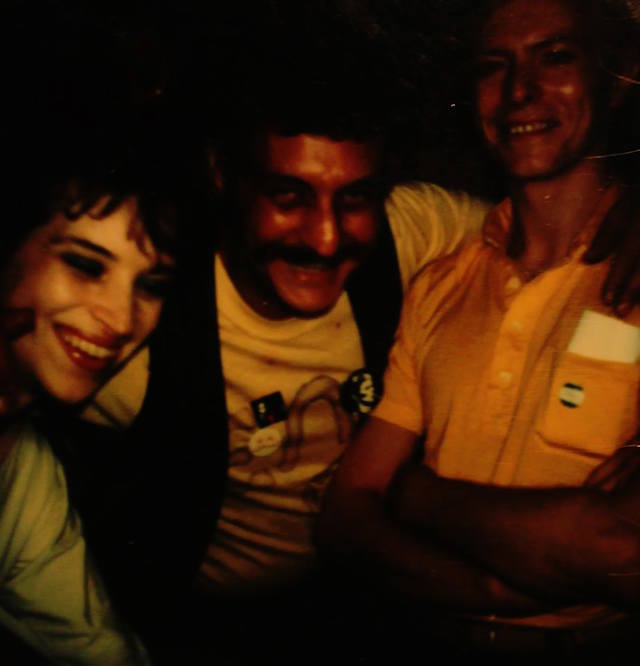When Chicago Met David Bowie
By Tankboy in Arts & Entertainment on Jan 11, 2016 5:16PM
News of David Bowie's passing away came as a shock this morning. On the heels of his 69th birthday and the release of an album that proved his artistic voice was still strong and seeking to break new ground, this news seemed particularly cruel.
Chicago has shared a number of connections with Bowie over the years. Bowie lived here for a short stint in 1980 when he was starring in the Chicago production of The Elephant Man, a role he originally played on Broadway. And while here he took in local sights and sounds, even taking time to stop by Neo (also, R.I.P.) for its cutting edge sounds.
One of the first concerts at Tinley Park's World Music Theater, now known as Hollywood Casino Amphitheater, was David Bowie's Chicago stop on his Sound + Vision Tour (also this writer's first Bowie concert). The tour was ostensibly supposed to allow Bowie to lay his back catalog at rest. That's right, he was "retiring" at the ripe old age of 43, because he had already accomplished that much. Luckily he didn't stay retired for long.
I had the chance to see Bowie a number of times over the following years, and his show at the Rosemont Theater in 2004 is still one of my favorite concert experiences of all time. Bowie ran through a catalog-spanning set, stocked with both hits and deep cuts, and in retrospect it was pretty obvious this would be his farewell tour. No one suspected he'd go almost completely silent for close to a decade, but that night's setlist certainly painted the picture of a man taking a final victory lap of the concert stage.
And of course Chicago was the only stop in the U.S. for the much heralded David Bowie Is art exhibit. Undertaken with the blessing of his archival staff, Bowie himself never visited the exhibit. For the rest of us it was a fascinating look inside a groundbreaking artist's personal process. To Bowie it was probably no more than a dusty history lesson. Five decades into his career Bowie was still looking forward, never back.
The Thin White Duke has left the building, but his art will never die.
